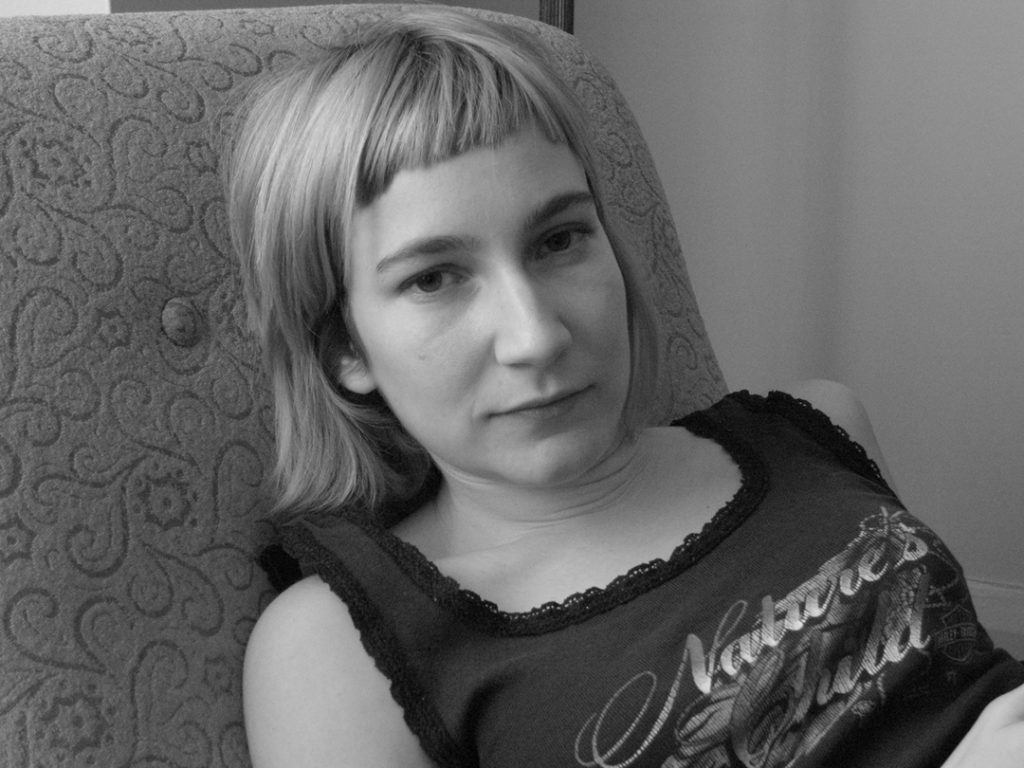
Writer Sheila Heti spoke with Marie-Helene Westgate about the 12 years it took to bring her unlikely creation, All Our Happy Days Are Stupid, to the stage. The absurdist play follows two families on separate Paris vacations. The Sing family’s son goes missing during a parade, setting off a series of crises mostly unconnected to the missing boy; it seems a deeper dissatisfaction — one that inhabits the mothers, fathers, and children in both families — is the central conflict. The play opened last night at Videofag in Toronto and its nine-show run is already sold out, but tickets for a pay-what-you-can event on October 27 are open to anyone an hour before showtime.
Marie-Hélène Westgate: How many years did you spend working on All Our Happy Days Are Stupid before dropping it?
Sheila Heti: It was commissioned in the fall of 2001 and I delivered it in spring of 2002. Then it was four years, on and off, of productions, dramaturgy… Toronto theatre is really big on dramaturgy. They wanted the characters to act more like people. But the play is absurdist.
I finally decided to abandon the play in the spring of 2006. I was already three or four years into trying to make it work. In How Should a Person Be? that’s when I leave it. Yeah. Some of the stuff in the book is true and some of the stuff is not true. That was true for sure. I remember where I was with Margaux [Williamson] in New York, at a diner in Chelsea. The Moonbeam Cafe, I think?
MW: The Moonstruck Diner.

SH: (laughs) Yes! I want to express to you that the weirdest thing about the play, for me, is just that thinking back to 2002, 2003, 2004, 2005, 2006, all along I thought there was something really flawed about the play. Now I don’t think there’s anything flawed about it. And this is not because the play changed. It’s because the circumstances around it changed, or the context for it changed, or I changed.
It sort of seems like there are so many things in life are like that: you keep forcing and forcing and forcing, tying to make something better – a relationship or yourself or whatever you’re working on – and it doesn’t work in any way. It’s just so stubborn. And then you give up, and a long time passes, and then finally the thing works. I don’t know. I mean, it’s so Zen, right? It’s kind of what the whole thing is. But I’ve never seen that happen, you know?
MW: That’s a pretty intimate experience of this phenomenon.
SH: To write this whole book about my failure, and then for the play to be good, and for it to be good not because I made it better, but because I wrote this book about how the play is a failure, and then someone was interested in the play, and then because people like the book, they’re interested in the play all of a sudden, in a way that they would never be without the book. I just find the whole thing really weird.
